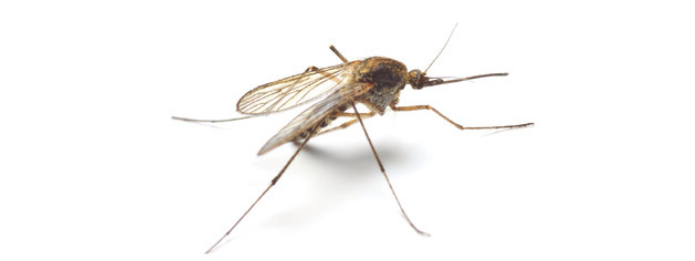
As the warm summer heat disappears and the days become shorter, we begin to prepare for fall. Plenty of animals do too, and that includes mosquitoes. Just because there are less barbeques and drinks in the backyard, it doesn’t mean that mosquitoes disappear completely. Far from it. Fall can be the time when mosquitoes are at their most dangerous, and most likely to require professional pest control. In this article, we’re going to take a closer look at what these frustrating insects do during fall, and why you’ll still need to be aware of the problems they can cause.
How Do Mosquitoes Behave in Fall?
Fall is when mosquitoes thrive. It’s difficult to imagine, but mosquitoes are more comfortable and better suited to the cooler temperatures that fall brings. We often associate mosquitoes with hot and sticky summer days, but they’re even more abundant when the leaves begin to change colour.
The cooler temperatures mean that mosquitoes are more active during the day. In the summertime, mosquitoes are most active at dawn and dusk, tending to avoid the warmest times of the day. This doesn’t apply during fall. They still pose a risk and will bite at all times of day thanks to the milder temperatures. It’s also likely that mosquitoes will continue to breed during the beginning of the fall. Their peak reproduction periods are during summer, but breeding in fall can also help their numbers going into winter. During fall, some species of mosquitoes will lay eggs designed to survive those long winters. As soon as spring arrives, the new mosquitoes hatch and begin to grow, feed and reproduce.
Like many other animals preparing for hibernation, mosquitoes begin to ready themselves for the colder months ahead too. Some species will spend the whole of fall preparing for winter. This allows some female mosquitoes to fatten up and hibernate in a hidden place during the coldest months. That being said, other species of mosquitoes are naturally killed off during harsh winters. Once temperatures drop below 50°F consistently, it’s usually too cold for them to survive.
What Do Warmer Falls Mean for Mosquitoes?
So, it’s obvious that fall is still an important season for mosquitoes. As the falls are mild and last longer, mosquitoes benefit in a few ways. First of all, this gives them more opportunity to breed. They can lay more battle-hardened eggs, ready for the oncoming winter. They’ll also have more time to fatten up and prepare themselves for hibernation. As long as the temperatures aren’t too cold, mosquitoes will take the opportunity to lay the foundations for next year’s spring. During warmer falls, mosquito breeding grounds are strengthened and their population increases.
Call Us If You Can’t Handle the Mosquitoes This Fall
If you’re being overrun by mosquitoes on your property then you’re strongly recommended to contact our Truly Nolen team. We deal with all types of pest control quickly and effectively and mosquitoes are no different. As well as being an annoying dinner guest and leaving itchy bites, mosquitoes carry a number of dangerous diseases. If you ignore a mosquito problem around your home, you could be putting yourself in danger.
After you’ve contacted us, our experienced technicians will conduct a thorough survey of your property. They understand the breeding and feeding patterns of mosquitoes better than anybody else, so they’ll know exactly where to look. Once they’ve identified the most populated area, they’ll develop and apply a unique action plan. At Truly Nolen, we remove the areas of high mosquito activity around your home and make sure that year-round, they won’t be causing you any harm.